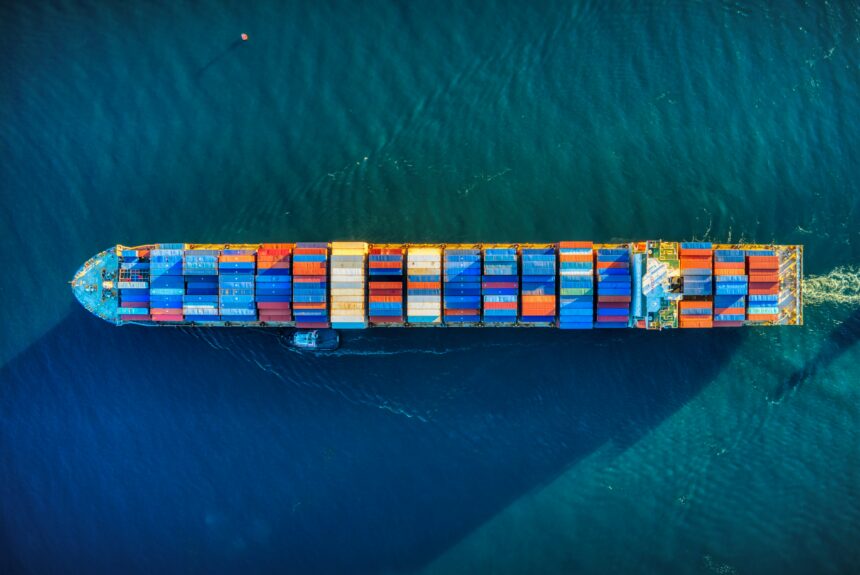Environmental challenges associated with global ocean shipping often fly under the radar, but they are pervasive. Air pollution and whale strikes are examples of two huge problems caused by the marine shipping industry. Now, a private sector partnership in California is working to offer shipping solutions that could protect both whales and our air quality.
>>>READ: New Technology May Save The Whales From Ships
Protecting Blue Whales and Blue Skies is a new collaborative effort between sustainable shipping companies and consumer brands. It is a “voluntary vessel speed reduction program along the coast of California which incentivizes companies to incorporate sustainable shipping practices across their global supply chain. By creating seasonal and predictable slow speed zones, this program helps companies protect endangered whales, reduce fuel use and regional greenhouse gas emissions, and improve air quality and human health outcomes.”
In California, companies are becoming ‘brand ambassadors’ through this collaboration to help advocate for sustainable shipping practices. Current brand ambassadors include Nomad, Summit Coffee, Peak Design, Who Gives A Crap, Way Basics, and Santa Cruz Bicycles. Businesses are eligible to apply for brand ambassador status if they ship with any of the partnering sustainable shipping companies.
According to the project, “Participants in the Protecting Blue Whales and Blue Skies program range from companies with a handful of vessels to the largest shipping companies in the world. Together they account for over 90% of all cargo traffic that passes through the Vessel Speed Reduction (VSR) zones.”
One major initiative of the collaboration is reducing the speed of ships to lower air pollutants and whale strikes. The collaboration may still be in its infancy, but it is already having a big impact. In 2022, reduced shipping speeds from participating companies led to an estimated 25,000-ton reduction in regional greenhouse gases. Participating vessels reduced speeds for 78 percent of their voyages, a marked increase from the 64 percent reduction in 2021.
>>>READ: How Tech Innovation Is Helping Individuals Clean Up Their Carbon Footprint
Historically, it has been difficult for businesses to get regional environmental impact data from the companies that shipped their products. This partnership is allowing brand ambassadors to have tangible data that can be shared with stakeholders and customers, making it easier than ever for consumers to know exactly how their purchases are impacting the planet. While Californians may be the primary beneficiaries right now, this sort of model could easily be exported across the globe. This collaboration is a wonderful example of how the private sector can solve the environmental issues facing us today.
Kelvey Vander Hart is a native Iowan, a member of the American Conservation Coalition, and a communications specialist at Reason Foundation.
The views and opinions expressed are those of the author’s and do not necessarily reflect the official policy or position of C3.
